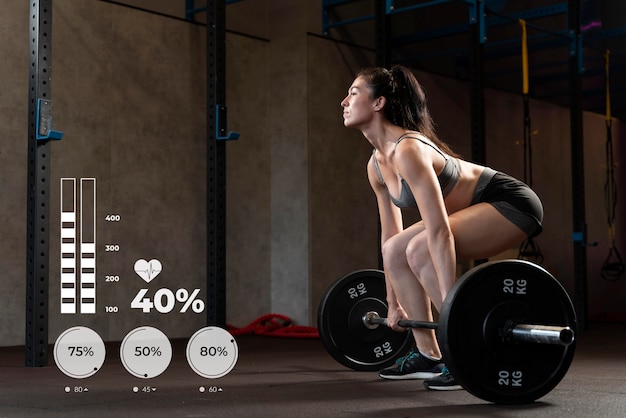
About 10 percent of the world’s population, or around 650 million people, live with a disability. No matter the physical or mental limitations, it’s crucial for everyone to achieve the best health and wellness they can.
The term “disability” covers a wide range of conditions and experiences. It’s a complex concept, but maintaining health is important for everyone, regardless of their limitations.
Even those with severe limitations can find ways to enhance their health. Here are five practical tips for better health for individuals with disabilities:
1. **Balanced Diet**: Eating a well-balanced diet is essential for everyone, but it’s especially important for people with disabilities. Different conditions may require specific dietary adjustments. For example, someone with gluten intolerance or irritable bowel syndrome should choose foods that don’t aggravate their symptoms. Nutrient-rich foods like spinach, kale, proteins, and fruits and vegetables provide the energy needed to fuel the body properly.
2. **Exercise**: Movement is crucial for all, including those confined to a wheelchair. Exercise, even in small amounts, can have significant health benefits. For instance, studies show that Parkinson’s patients experience a reduction in tremors when they exercise, such as riding a stationary bike. Exercise increases serotonin levels, which can help alleviate depression and anxiety.
3. **Adequate Sleep**: Sleep is vital for the body’s restorative processes. Most people need an average of 6-8 hours of sleep, but this can vary. Some might function well with 10 hours of sleep, while others may need just 6. It’s important to find the amount of sleep that allows your body to feel refreshed and energized.
4. **Mental Health Care**: Accepting a disability, especially one that occurs suddenly, can be challenging. Mental health is as important as physical health. Talking to a counselor or joining a support group can help individuals come to terms with their disability. If needed, an SSDI lawyer can assist with legal support.
5. **Exposure to Fresh Air**: Fresh air and sunlight have healing properties. Staying indoors all day can lead to deficiencies in vitamin D and other nutrients. Aim to get at least 20 minutes of sunshine daily, even if it’s just rolling out on the porch in a wheelchair. Fresh air can significantly benefit overall well-being, particularly for those with disabilities.
By minimizing stress and following these tips, individuals with disabilities can improve their quality of life. Embracing and effectively managing a disability can enhance fitness and health. Remember, it’s all about better fitness and well-being!